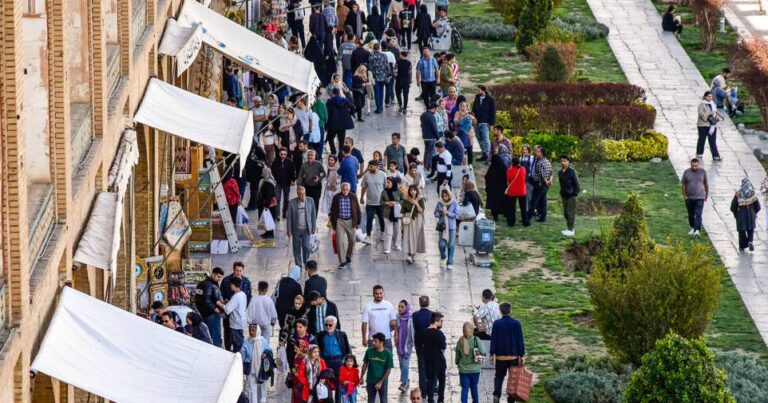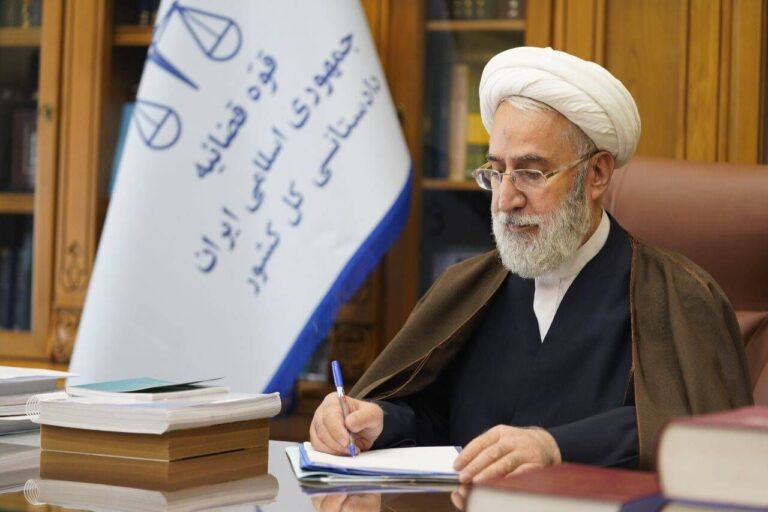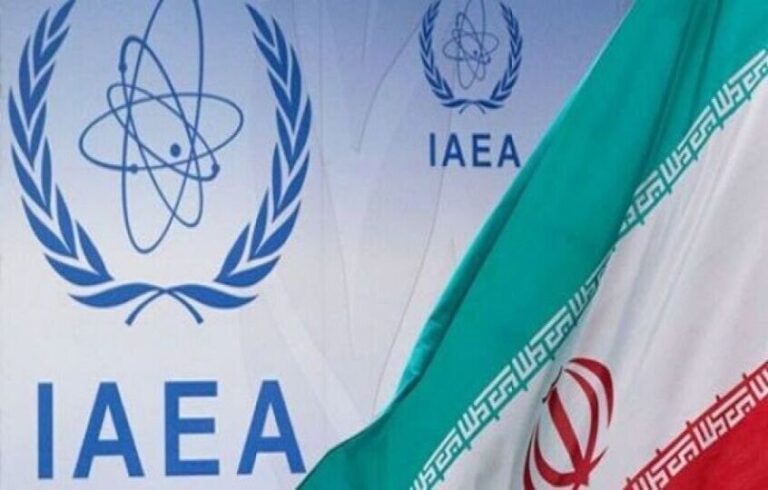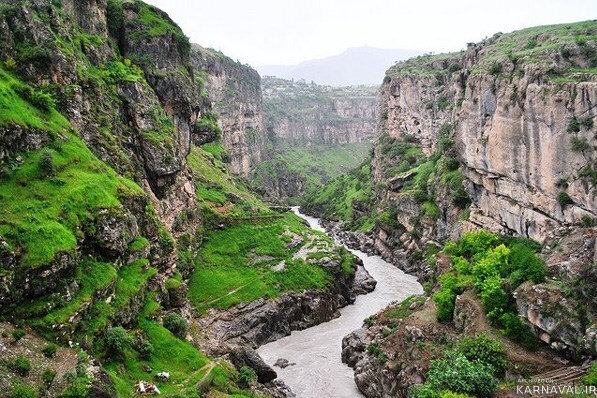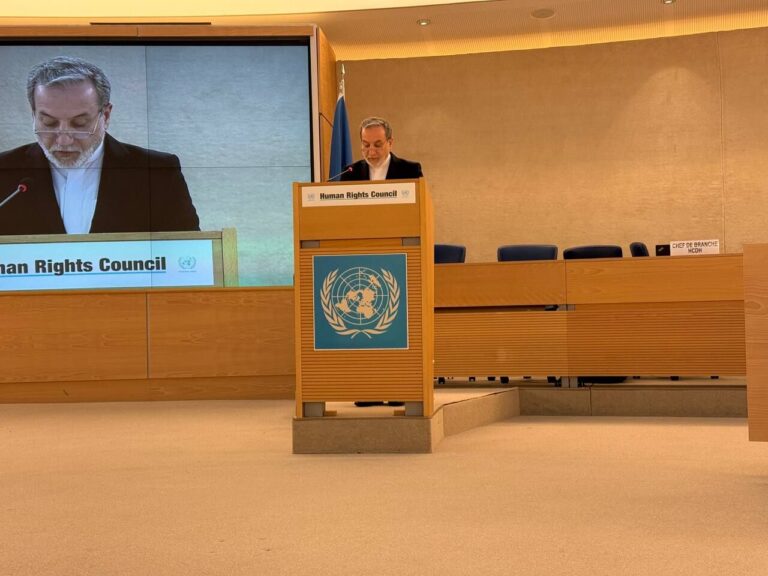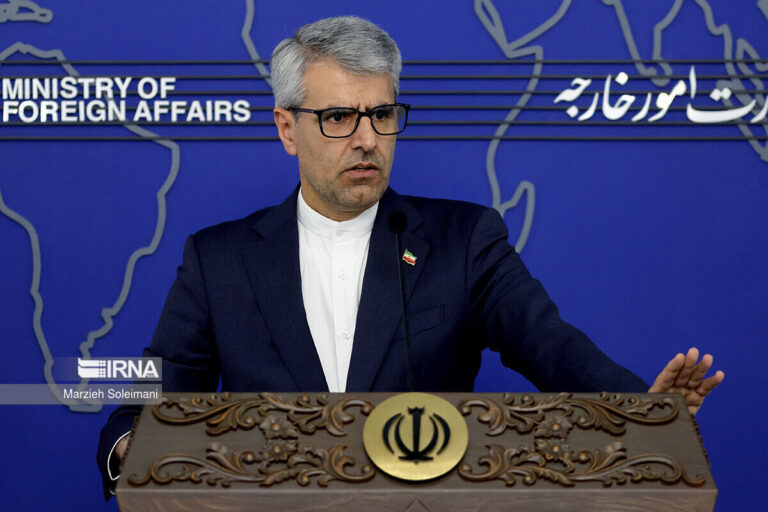Iran Strengthens Scientific Collaboration with China and Russia Under Strategic Partnership
Iranian universities are actively pursuing opportunities to foster scientific and research collaborations with Chinese and Russian institutions, highlighting the potential benefits of their strategic partnerships. A recent meeting in China brought together key figures from both nations to discuss a range of collaborative initiatives aimed at enhancing academic cooperation.
During the meeting, Saeed Habiba, the deputy minister of science, research, and technology in Iran, met with Sheng Jianxue, the secretary-general of the China Scholarship Council. The primary focus was on developing robust scientific cooperation between universities in Iran and China.
The discussions covered several key areas aimed at strengthening ties, including:
- Establishing joint academic courses
- Exchanging professors and students
- Expanding government scholarship programs
- Enhancing technological collaboration
- Facilitating scientific interactions and sharing expertise
Habiba elaborated on the academic and scientific capabilities of Iran during the discussions. He emphasized the importance of leveraging these strengths to foster meaningful partnerships. In addition, Habiba took the opportunity to visit a Chinese technology park, gaining insights into their advanced technological capacities and scientific achievements.
The partnership between Iran and China is grounded in a comprehensive cooperation document signed in March 2021. This agreement, signed by Iran’s former Foreign Minister Mohammad Javad Zarif and Chinese Foreign Minister Wang Yi, aims to solidify long-term collaboration between the two nations.
In December 2022, further progress was made when Iran and China finalized 16 memorandums of understanding (MOUs) under the framework of their strategic 25-year agreement. These MOUs are set to enhance various areas of cooperation, particularly in education and technology.
On a parallel note, Elham Aminzadeh, the vice president of the University of Tehran for international affairs, met with Sergey Andreushin, the vice-rector for international affairs at St. Petersburg State University, in Tehran. This meeting was dedicated to exploring avenues for expanding scientific collaborations between the two institutions.
Key points discussed during the meeting included:
- Facilitating the exchange of professors and students
- Implementing in-person and virtual educational programs
- Joint supervision of postgraduate students
- Conducting collaborative conferences and establishing joint research projects
- Setting up technology parks and executing previously reached agreements
The officials also proposed organizing short-term visits for Iranian and Russian students who are studying the Persian and Russian languages, respectively, at their universities. This initiative aims to enhance cultural exchange and language proficiency among students.
In line with the comprehensive agreements established between the top universities of Iran and Russia, both sides are committed to fostering long-term and constructive relations in higher education, technology, and innovation. One of the significant steps taken is the establishment of a secretariat to facilitate communication between universities in both countries. This secretariat is expected to be more active than in the past, playing a crucial role in deepening scientific communication.
Moving forward, the primary objective of these agreements is not only to strengthen relations but also to implement previously made agreements while exploring new opportunities for collaboration. The Iran-Russia agreements are designed to enhance scientific partnerships through:
- Conducting joint scientific and technological projects
- Fostering interactions among educational institutions
- Facilitating the exchange of faculty, staff, and students
The contracting parties have also committed to sharing experiences and information related to regulating activities in scientific, technological, and innovative sectors. This includes:
- Organizing and holding conferences, meetings, and seminars
- Conducting exhibitions and other scientific events
Moreover, the agreements stipulate the promotion and facilitation of learning official languages, along with the study of each other’s literature, history, and culture within their higher education institutions. This commitment aims to enrich the academic experiences of students and faculty alike.
As Iranian universities continue to explore these collaborative potentials, the future looks promising for increased scientific exchanges and partnerships with their counterparts in China and Russia. This strategic approach not only strengthens international ties but also enhances the academic landscape in Iran.

